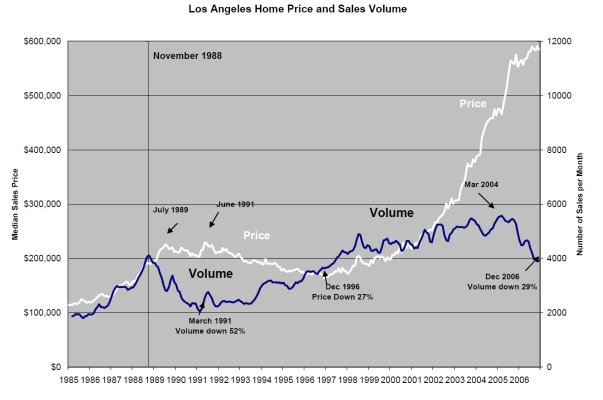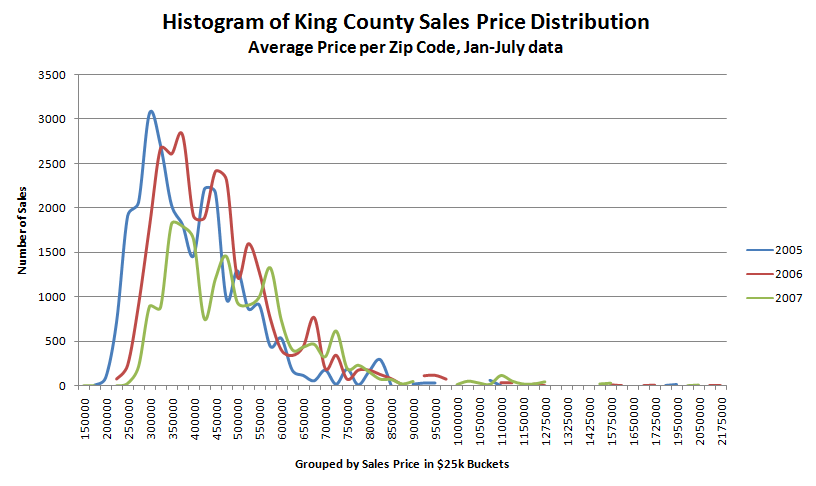twaddle
Thinks s/he gets paid by the post
- Joined
- Jun 16, 2006
- Messages
- 1,703
Fairly interesting recent paper from Shiller on the global housing bubble:
pdf link
He thinks it's driven purely by psychology. Expectations of future price increases. But, the twist this time is that expectations are global. We saw home prices rise across the country and the globe, and that set our expectations locally.
He also doesn't agree with the idea that "supercities" like SF should have much of a growth premium. If that premium is more than 1%/year, compounding would send prices beyond the reach of anybody in the long run.
pdf link
He thinks it's driven purely by psychology. Expectations of future price increases. But, the twist this time is that expectations are global. We saw home prices rise across the country and the globe, and that set our expectations locally.
He also doesn't agree with the idea that "supercities" like SF should have much of a growth premium. If that premium is more than 1%/year, compounding would send prices beyond the reach of anybody in the long run.



